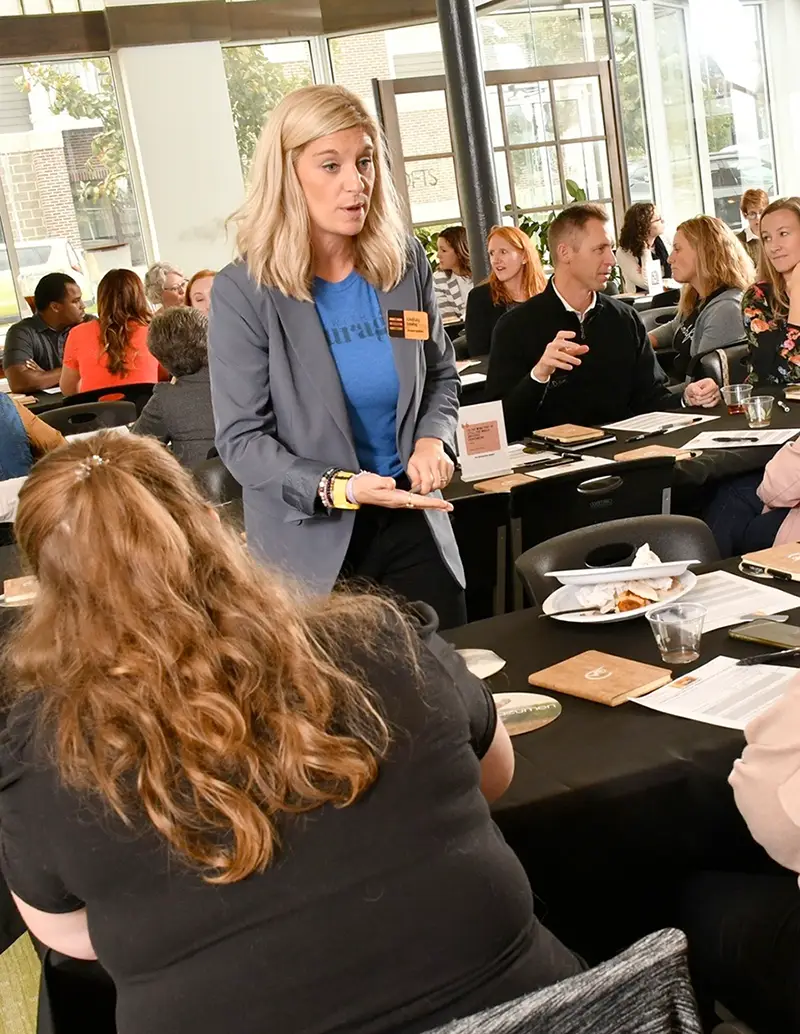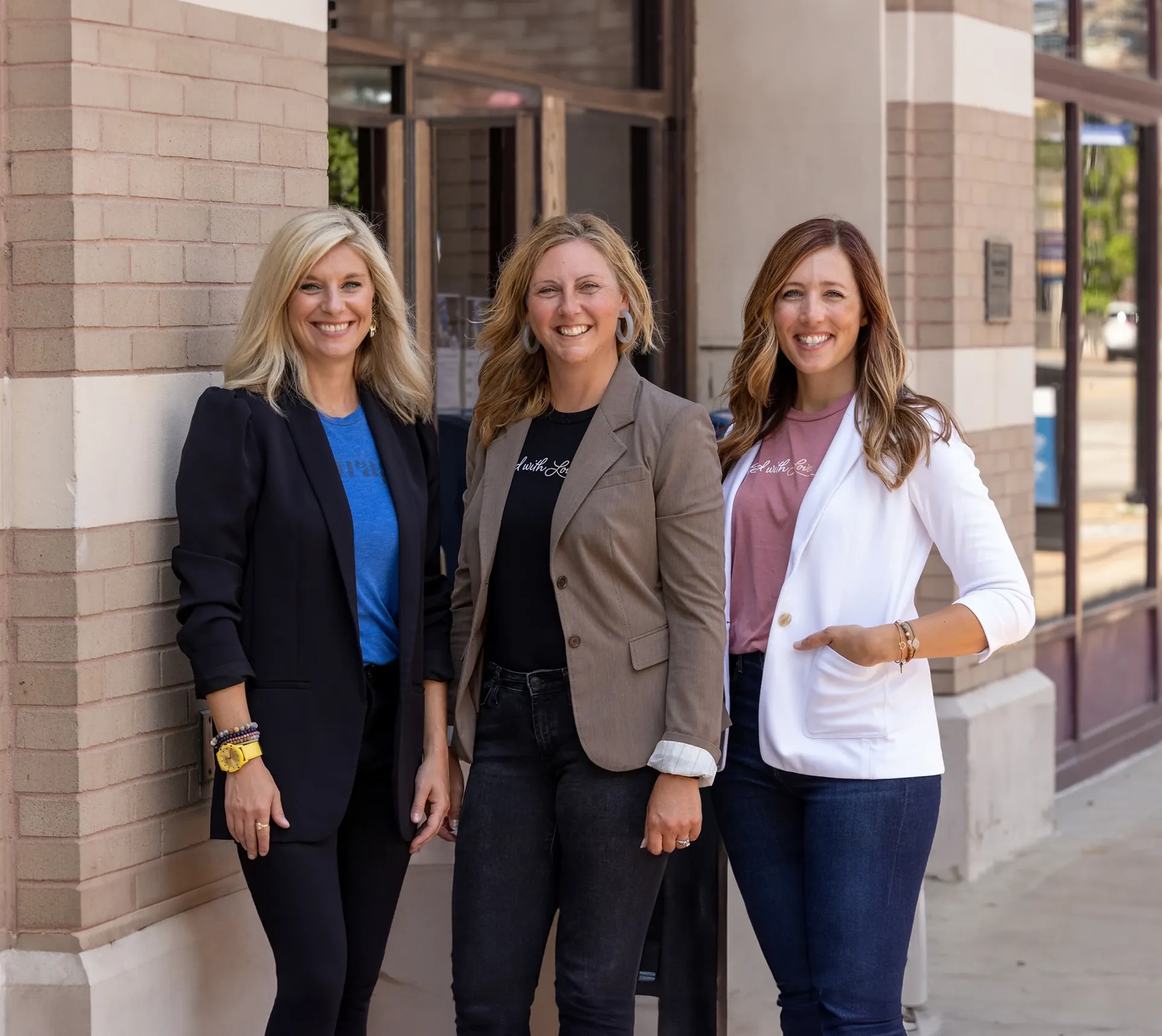In this series I am sharing my process for how I came back to fulfillment in work and life and moved from heart-less to heart-full connection, presence and engagement. For me, this has been the answer to my feelings of burnout. It wasn’t actually doing less, it was doing differently. More fully. More intentionally. More meaningfully. My calendar and lists didn’t change much, it was the way I did them that changed everything.
The process I started to outline in Part 1 and will continue through in the next few posts is for those who are confident that you’ve done everything to pare down the list to what’s most important, and have a pretty solid grasp on investing your time, energy and money in the most impactful ways. If you haven’t done some of the time management basics to get your list and calendar in order, then you likely need to start with those fundamentals. But if you’ve tried all that and you are still feeling frustrated, confused, overwhelmed, or like something’s missing…then this is for you and I hope it can help you as much as it is helping me!
Part 1 was about resetting your vision and expectations. Go back and read it, if you haven’t already, and start there. Resetting our vision and expectations requires patience and discipline. Once you’ve done it, if you are still stuck then we move onto an even more challenging and courageous step: Tell someone and ask for help.
I had a client come to me this year struggling with stress, anxiety and fatigue. She wasn’t sure that the career she had been in was where she should remain after all that had changed the last 2 years. She was feeling stuck. We worked through step one of resetting her vision and expectations. We walked back through all that she had been through in work and life. Witnessing that journey as an observer helped her see that her feelings of stress, anxiety and fatigue were perfectly normal. This helped her shed some of the guilt and shame she was feeling.
We worked through what she enjoyed about her job and what drained her. We figured out that in this season, because of what the organization needs, she is being asked to do a lot of things that drain her. Things she isn’t passionate about. Normalizing that fact also took some of the stress and anxiety away and moved her toward acceptance that this is just for now…not forever. We talked through changes that could be made in the short term to bring back fulfillment, and mapped out what her long-term vision for herself is and what she needs from the role and her colleagues. We also explored what other career options she could pursue with her skillset, experience and passions. She said she felt lighter and more confident as she left.
A couple weeks later, she had fallen back into anxiety and stress. I asked if coming back to what we had worked through might help her get back to a better spot. She said no and when I pushed, she admitted that she had already reached the breaking point. If things didn’t change drastically in the next couple of weeks and if she didn’t know for sure that long-term she wouldn’t have to do what she was doing today, she wouldn’t be able to stay. That left us with two choices: 1) Leave 2) Tell her boss and other trusted colleagues how she was feeling and ask for help.
When we can’t get back to fulfillment in life and work on our own, we have to invite others in to help us get there. This can be scary. For my client, her worst case scenario was that she would be perceived as ungrateful and her colleagues and her boss would lose trust and respect for her. She might be forced to look for another opportunity when she wasn’t sure that’s what she really wanted. It was a tough spot to be in and it took at ton of courage for her to set all that aside and speak up. We planned and rehearsed the conversation so she could be clear and be confident that no matter how it shook out, she did her best and would be OK.
The good news is her boss and colleagues were very receptive. They knew she was struggling and were grateful she invited them in to be part of the solution. They didn’t want to lose her and were happy to help work through a plan to make changes to support her to stay. She had worked up all these worst case scenarios and not even considered the best case. In spite of her fear, she chose not to stay stuck and it paid off! I was inspired by her courage and vulnerability.
It was a great reminder that we often keep ourselves stuck because we are unwilling to take the risk to tell others how we’re really doing or ask for help. Our fear of rejection or being perceived a certain way keeps us trapped. It’s easier to live in our misery and play victim to circumstances than to take responsibility for doing everything we can to make a situation better, especially when what we need to do includes relational or reputational risk.
I’m terrible at being honest when I’m struggling and asking others for help. I don’t want to be a burden. I would much rather help someone else than receive help myself, but I have learned some key lessons in practicing this step this year that are making it easier and easier for me:
- Finding someone to hold space for our true feelings when we are struggling, not to fix or do anything, but simply to listen can be all we need to get unstuck. By bringing our feelings to our own awareness and to have them validated by someone else can free us from the hold they have.
- Allowing someone to care for us when we are struggling is a gift to that person. As humans, we are meant to love and serve one another but because we are so concerned about our image we rarely give others the opportunity to do that work of really loving and serving us. Think back to a time where you were able to make a difference in someone’s life and how that felt. Don’t rob others of their opportunity to have that same experience.
- Asking for help allows us to connect with each other at the deepest level. We are putting our heart in that person’s hands and to be held in that way is sacred and special. It helps you remember that you aren’t alone and reminds us that being in community can change anything for the good if we let it.
- Admitting we need support and other perspectives unlocks our potential to learn and grow. In any situation, we can only see what we see. We need the voices and perspectives of others to help us see things differently. The sooner we allow that to happen, the sooner we accelerate our path to positive change.
If you are feeling unfulfilled in life and work, remind yourself that you don’t have to move forward alone and take action to invite someone in. Share with someone how you’re feeling and what you could use help with so they can assist you get unstuck and move forward in a positive way.
Don’t have a trusted ally or confidant that comes to mind? We enjoy being a safe space for many. Reach out to The Restoration Project team at info@the-restorationproject.com and let’s explore how we can support you!

Written by: Lindsay Leahy, Dream Builder at The Restoration Project


